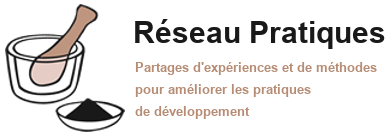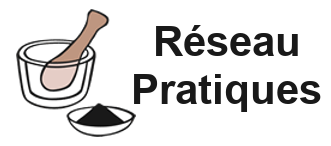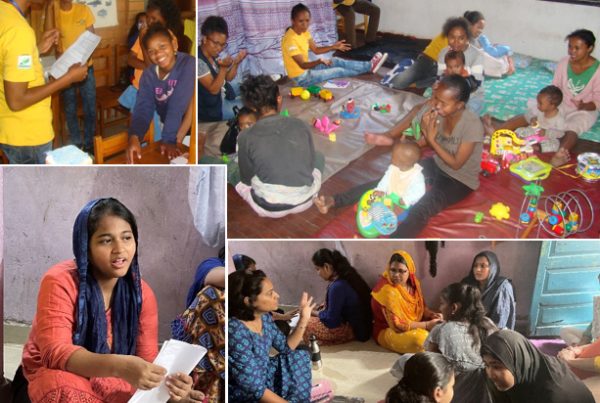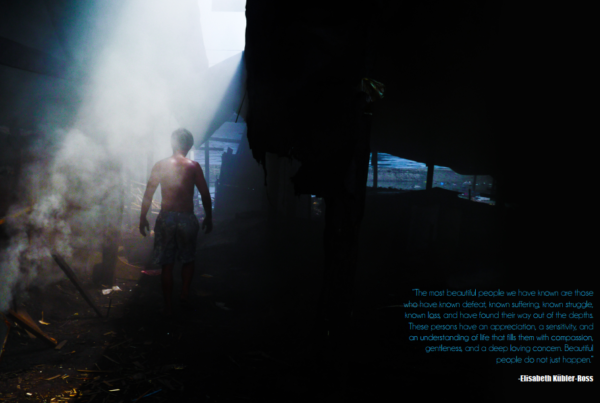Foreword
On most of Family Development Programmes implemented by Inter Aide (IA) and Southern partner NGOs, the social workers and field workers (“Family Development Workers”) are not trained to work directly on addictions. Still, in their work with the families (home-based followup of vulnerable families living in slums) they often have to face situations where one or several members of a family have an addiction (in the areas where IA work, the most frequent addictions are alcohol, gambling, and drugs — such as “rugby” and “shabu” in the Philippines: “rugby”, is a solvent, and “shabu” is “crack”, derived from cocaine).
Some field workers tend to consider addiction as “vices”: we hope this paper will help them undersand that addictions are not “vices” but the symptoms of an intense suffering. We wish it will help them in their work, and make it easier for them to consider and relate to the persons with an addiction with sympathy and compassion, less fear and judgement (which, as we understand it, is only a defense against our own fears…).
As addictions are a complex issue to deal with, Family Development Workers cannot work on it directly themselves: but they should be able to identify the addiction problem, and provide non-judgemental counselling to the person and his/her family; they should also be able to refer the persons in need to specialized organisations (such as Alcoholic Anonymous or Narcotic Anonymous) when available. Ideally, such organisations should be invited (incited, convinced…) to come in the areas where Family Development Programmes operate, so that their services become accessible to the slum-dwellers.
The interventions and references presented below (such as WHO’s Brief Intervention, etc.) are not given here as models of intervention to be implemented by Family Development Workers: they are given here as it might help the Family Development Programmes staff to acquire a clearer and more objective understanding of addictions, the different levels (misuse, abuse, dependence) and the possible corresponding interventions. They should remember that addictions are symptoms of an intense suffering, which is usually rooted in early childhood trauma, which are still unresolved and therefore active in the person’s life.
This paper is an updated adaptation of two trainings made by Coopé Sud on alcohol and drug addiction. These two trainings have been merged into one to emphasize the common background which is the same with all addictions.
Some paragraphs are repeated and we have left these repetitions as we imagined that some readers might choose to read only about alcohol or only about dryg addiction.




